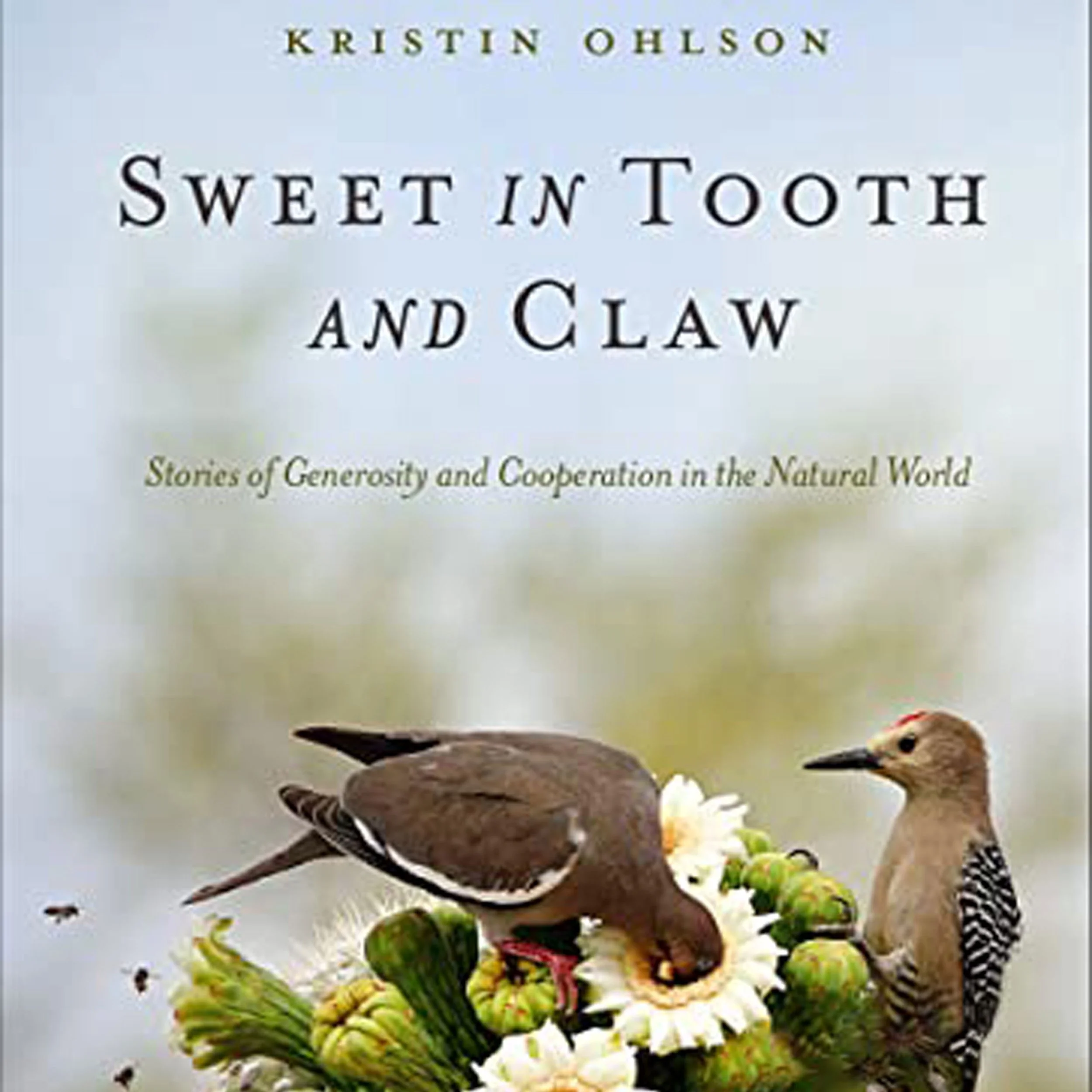Professor of Earth and Space Sciences, University of Washington · MacArthur Fellow ’08
Co-author of What Your Food Ate: How to Heal Our Land and Reclaim Our Health · The Hidden Half of Nature
When you dig into the medical literature, 7 out of 10 of the leading causes of death in the United States are diet-related chronic diseases. And so one of the hopeful messages that I think comes out of The Hidden Half of Nature, Growing a Revolution, and What Your Food Ate is that what we do to the land, essentially we do to us. And what's good for the land is good for us. So if we think about farming differently, we can actually enjoy ripple effects that are not only beneficial to the farmers in terms of reduced costs for fertilizer, pesticides, and diesel, but it could also translate into better human health outcomes at a population level.






